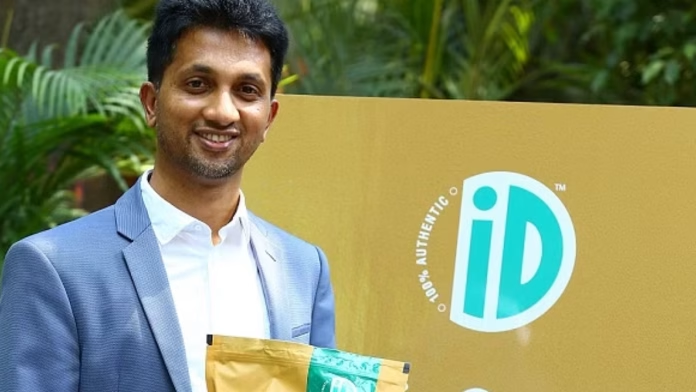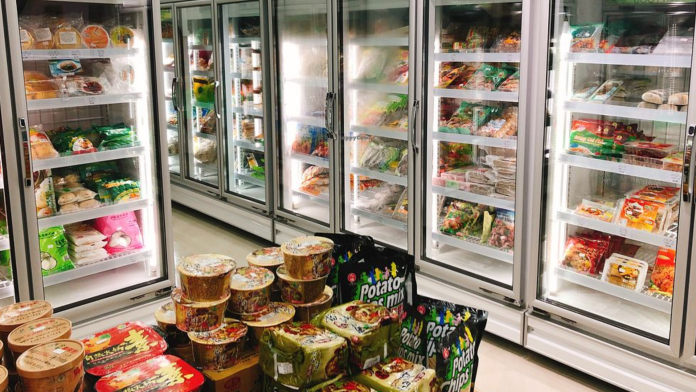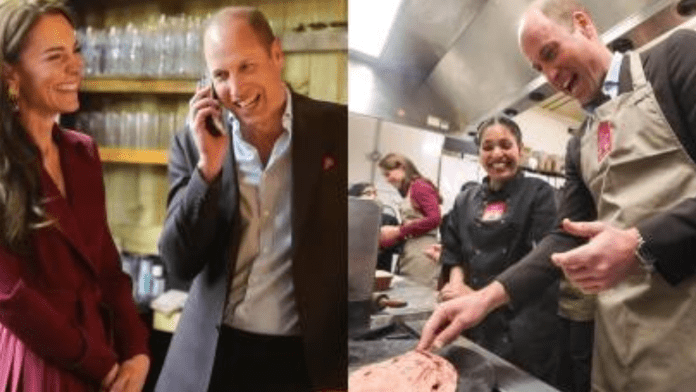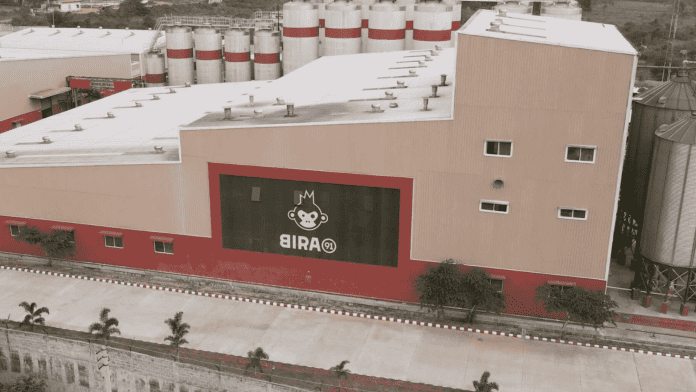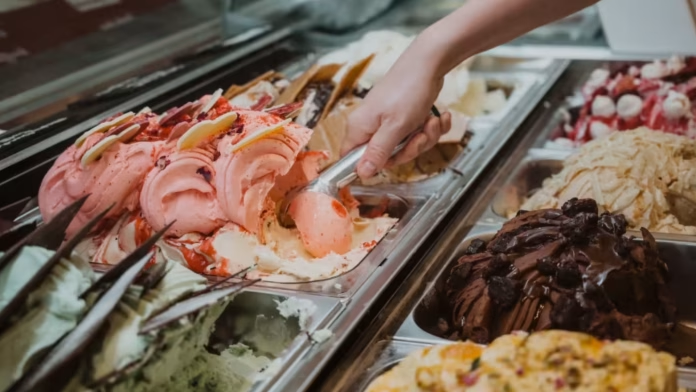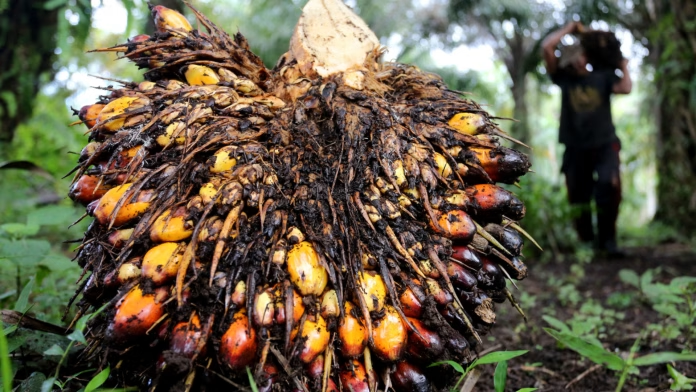The Covid-19 pandemic triggered an unprecedented e-commerce boom, but the surge has started to plateau in 2022, and it seems that 2023 will be focused on striking a balance between online and offline channels. iD Fresh Food, a Bengaluru-based FMCG company, is now shifting its focus to expanding its offline distribution network after experiencing unrealistic growth during the pandemic.
In FY22, the company led by PC Mustafa witnessed an impressive annual growth of 300% through online channels. However, the growth rate came down to 100% in FY23 and has now dropped to nearly 30%.
Rahul Gandhi, iD Fresh Food’s Chief Marketing Officer, said, “We don’t expect those growth patterns to continue.”
According to Gandhi, the team has accepted the reality of not experiencing such years of hyper-growth again.
“There has been some shrinkage happening in the e-commerce space,” he said.
The e-commerce industry proved to be a blessing in disguise as it enabled the delivery of essential items during the pandemic-induced lockdowns, helping people navigate through the crisis.
The adoption of e-commerce during the pandemic boosted digital economies, but the peak has passed. International Monetary Fund estimates indicate that during the height of the pandemic, the online share of total spending rose to 14.9%, but has since declined to 12.2%.
However, iD Fresh Food has shifted its priorities while keeping e-commerce as an integral part of its business strategy.
“It (e-commerce) still contributes about 30 per cent, which is a significant share,” Gandhi said.
The company is strategizing to expand its offline presence by targeting major cities such as Delhi, Mumbai, Pune, Bengaluru, Chennai, and Hyderabad, which have been the biggest revenue generators. Gandhi added that the company has also gained a loyal customer base in the Middle East region, specifically in Saudi Arabia, where customers rely on iD’s dosa batter and ‘parota.’
According to Gandhi, the company achieved a revenue of over INR 500 crore in FY23 and aims to reach INR 700 crore by FY24. With a presence in approximately 45 cities, the brand is experiencing an annual growth rate of 30-40 percent.
With its unique products, particularly its dosa batter, iD Fresh Food has established a prominent position in the market. The company is now working on launching several new products, including a butter stick that simplifies the process of spreading butter on bread.
iD Fresh Food is currently available across 35,000 retail outlets. However, when asked if the company is planning to introduce its own exclusive brand outlets, Gandhi initially dismissed the idea, saying, “We don’t have an experience-driven business model”. But prod him deeper, and he said conversations around the same have been doing rounds within the company.”
“We have been mulling about iD Experience centers but nothing is on the cards yet,” he said.

